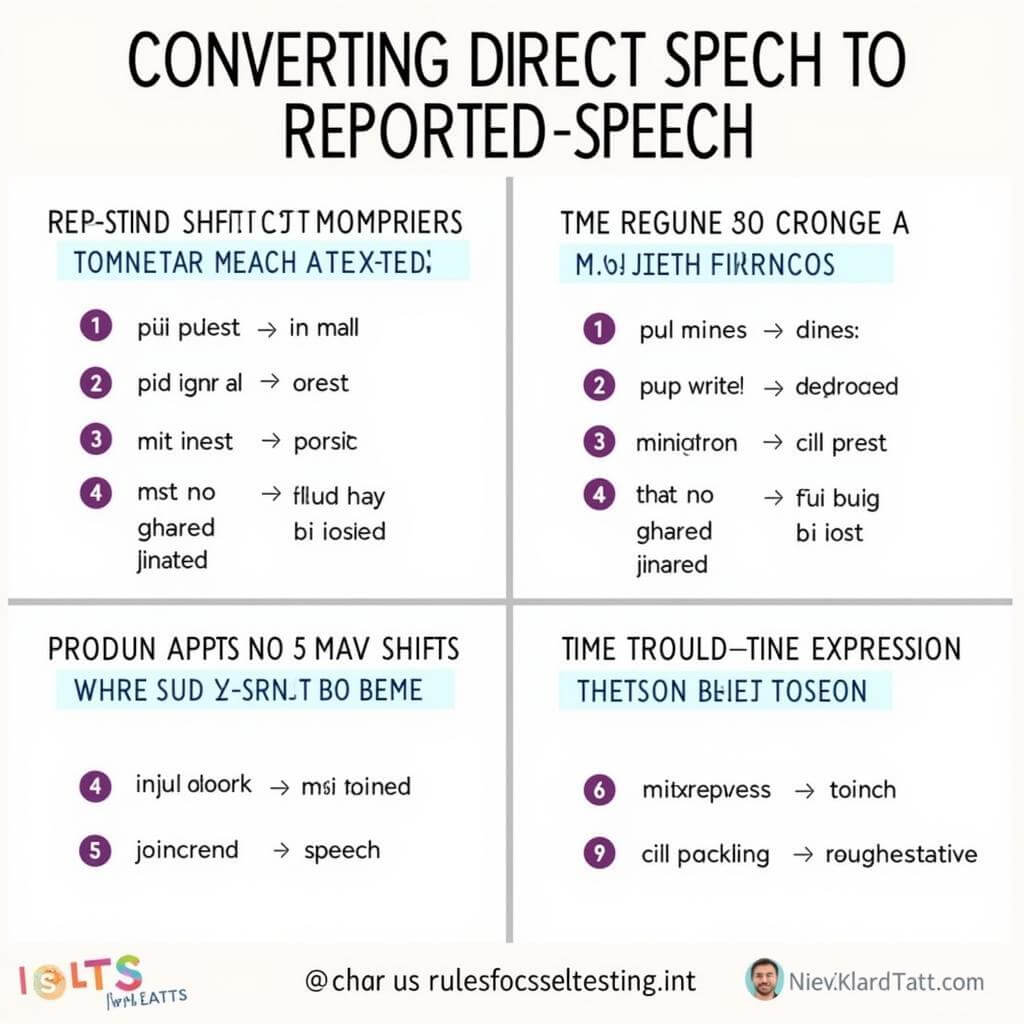IELTS Listening can be a challenging component of the exam, particularly when it comes to avoiding grammar mistakes in responses. This article will provide valuable insights and strategies to help you enhance your accuracy and boost your score. By focusing on common pitfalls and effective techniques, you’ll be better equipped to tackle the listening section with confidence.
Understanding the Importance of Grammar in IELTS Listening
Grammar plays a crucial role in the IELTS Listening test, as it directly impacts your ability to convey accurate information. Even if you understand the audio content correctly, grammatical errors in your responses can lead to lost marks. IELTS Listening gap-filling questions strategy? is particularly important to master, as these question types often require precise grammatical knowledge.
Common Grammar Mistakes to Watch Out For
- Subject-verb agreement errors
- Incorrect verb tenses
- Misuse of articles (a, an, the)
- Singular/plural noun confusion
- Incorrect preposition usage
Strategies for Minimizing Grammar Mistakes
1. Focus on Word Forms
Pay close attention to the word forms used in the audio. Often, the speaker will provide clues about whether a noun is singular or plural, or which verb tense is appropriate.
“Listening for word endings is essential. The difference between ‘book’ and ‘books’ or ‘work’ and ‘worked’ can significantly impact your answer’s accuracy,” advises Dr. Emma Thompson, IELTS examiner with 15 years of experience.
2. Practice Active Listening
Engage in active listening by anticipating the grammar structures you might need to use in your responses. This mental preparation can help you avoid common pitfalls.
3. Familiarize Yourself with Question Types
Different question types may require specific grammatical structures. For example, Be essential to + gerund is a structure that often appears in IELTS Listening tasks. Understanding these patterns can improve your response accuracy.
4. Develop Your Note-Taking Skills
Effective note-taking can help you capture key grammatical elements:
- Underline or circle plural markers
- Note down verb tenses
- Jot down articles and prepositions
5. Review and Edit Your Answers
If time allows, quickly review your answers for grammatical consistency. Pay special attention to:
- Singular/plural agreement
- Verb tense consistency
- Article usage
Advanced Grammar Tips for IELTS Listening
1. Master Conditional Sentences
Conditional sentences are common in IELTS Listening. Understanding the different types (zero, first, second, and third conditionals) can greatly improve your comprehension and response accuracy.
2. Recognize Passive Voice Constructions
Passive voice is frequently used in academic and formal contexts. Being able to identify and correctly interpret passive constructions will enhance your listening comprehension.
3. Understand Reported Speech
IELTS Listening often includes reported speech. Familiarize yourself with the rules for converting direct speech to reported speech, including the necessary tense changes.

4. Pay Attention to Modifiers and Qualifiers
Words like “some,” “many,” “few,” and “several” can significantly alter the meaning of a sentence. Train your ear to catch these modifiers and reflect them accurately in your responses.
Practical Exercises to Improve Grammar in IELTS Listening
-
Gap-fill exercises: Practice with Causative verbs followed by infinitive and other complex structures.
-
Dictation practice: Listen to short audio clips and write down exactly what you hear, focusing on grammatical accuracy.
-
Sentence transformation drills: Convert sentences from one grammatical structure to another (e.g., active to passive, direct to reported speech).
-
Error correction tasks: Listen to sentences with grammatical errors and correct them.
-
Timed practice tests: Simulate exam conditions to improve your speed and accuracy under pressure.
Dr. Sarah Lee, a renowned IELTS trainer, emphasizes, “Regular practice with these exercises can significantly reduce grammar mistakes in your IELTS Listening responses. Consistency is key to mastering the grammatical nuances of English.”
Conclusion
Avoiding grammar mistakes in IELTS Listening responses is crucial for achieving a high score. By implementing the strategies and tips outlined in this article, you can significantly improve your performance. Remember to stay focused, practice regularly, and Had better + bare infinitive brush up on your grammar skills before the exam. With dedication and the right approach, you’ll be well-equipped to tackle the grammatical challenges of IELTS Listening with confidence.
FAQs About Avoiding Grammar Mistakes in IELTS Listening Responses
-
How can I improve my ability to recognize different verb tenses in IELTS Listening?
Practice with a variety of audio materials, focusing specifically on identifying verb tenses. Listen for time markers and context clues that indicate when actions occur. -
What should I do if I’m unsure about the correct grammatical form to use in my response?
If you’re uncertain, use the simplest grammatical form that accurately conveys the information. It’s better to be simple and correct than complex and incorrect. -
Are there any specific grammar rules that are particularly important for IELTS Listening?
Subject-verb agreement, correct use of articles, and proper noun forms (singular/plural) are crucial. Also, pay attention to prepositions and verb tenses. -
How can I practice grammar for IELTS Listening outside of mock tests?
Listen to English podcasts, news broadcasts, and academic lectures. Try to transcribe short segments, focusing on grammatical accuracy. Compare your transcription with the original script if available. -
Is it necessary to use complex grammar structures in IELTS Listening responses?
Not necessarily. The most important factor is accuracy. Use complex structures only if you’re confident in their correct usage. Simple, accurate responses are preferable to complex, incorrect ones.